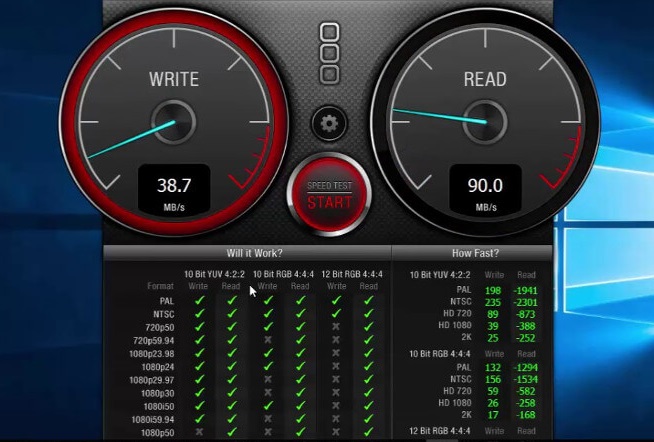You’ve found the ideal place if you want to learn about the benefits of a virtual private network (VPN). First, though, we’ll discuss the benefits of using a virtual private network.
Evidence from the field of cybersecurity suggests that the internet presents serious risks, and this should cause widespread alarm. Massive cyber attacks on businesses, governments, and critical infrastructure led to unprecedented levels of data loss in 2023.
Despite its usefulness, the internet is plagued by threats such as viruses, cookies, hackers, state-wide censorship, and high-level crimes. In light of the foregoing developments, it’s more important than ever to ask oneself, “How can I safeguard myself online?”
Virtual private networks (VPNs) are an excellent answer to the problem of, or improvement on, a wide range of internet security issues.

A virtual private network (VPN) can help you if you’re concerned about your online privacy and security, or if you simply want more flexibility when you’re browsing the web. This article will explain why a virtual private network (VPN) is useful.
To What End might Virtual Private Networks be Used? In Brief, Top 5 Benefits Of VPN
Our goal is to debunk the myth that VPNs are insecure and useless. It only takes a few keystrokes to bring up results for questions like “are VPNs safe?” and “are VPNs bad?” when searching the web. VPNs are not only secure, but can actually improve your online safety if you use a reputable service. Keep reading to learn about the advantages.
(1) Protect Your Online Identity by Hiding Your IP Address and Avoiding Geographical Restrictions.
Changing your IP address is one of the most significant benefits of using a VPN. This is a network-assigned number that functions similarly to a physical address. If a website or government is able to determine your physical location via your IP address, then you may be prohibited from viewing content that is only available in your country (geoblocks).
However, if you use a virtual private network (VPN) service, such as ExpressVPN or NordVPN, you may bypass these restrictions. You will be given a new IP address from the country where the VPN server is located. You are essentially masking your original IP address with a new one.
With your new overseas identity as a mask, you can visit foreign sights as though you were actually living there. To add insult to injury, you won’t be leaving any traces that can be used to identify you. A change in IP addresses does not automatically make you invisible online. Even though you’ll have more privacy while surfing, you shouldn’t access illegal sites.
2.) Protect Your Online Communications by Using Encryption
The information you send and receive while connected to a virtual private network is encrypted. This safeguards sensitive information like login credentials and bank account details from being stolen by hackers and other bad actors. Even better, you can be far less concerned about your personal safety when using the internet at your neighbourhood Starbucks.
This is crucial since there are numerous threats associated with utilising public Wi-Fi networks without proper protections in place. Use a virtual private network (VPN) whenever you connect to a public Wi-Fi network, whether you’re a freelance worker who needs to get work done or a casual web surfer who likes to surf in cafes and libraries. This prevents leakage from mobile VPNs as well.
3.) Obtain Data Without Revealing Your Identity by doing so
No one can track your online activities or identify you because your IP address and connection are both concealed and encrypted. They can’t see what you’re downloading because of the encrypted VPN connection. This is a very helpful perk for remote workers who have access to confidential company information while at home. The protection of one’s personal information and anonymity is ensured or significantly enhanced.
The standard online safety precautions should be taken with or without a VPN. Download only what you need and nothing more. Don’t open attachments from unknown senders or download executable files from sketchy websites.
4.) Avoid Official Censorship
There are restrictions on access to some websites in countries where the government monitors and controls the internet, such as China, Iran, and Eritrea. This is typical of authoritarian governments that restrict freedom of the press. This is also why some “whistleblowers” prefer the anonymity of the dark web when disclosing sensitive material. A virtual private network (VPN) can get around this censorship, as well as any other kind of geographical limitation. For this reason, virtual private networks (VPNs) are a useful weapon in the defence of press freedom.
5.) Save Money Online
One of the lesser-known benefits of a virtual private network is the ability to save money while shopping online. It’s possible to find price differences when purchasing online depending on your place of origin. If you are located in the United Kingdom and do your online shopping, you may pay more than someone with an Indian IP address.
If you have a virtual private network (VPN), you can link up with VPN servers anywhere in the world. Since you can pretend to be a citizen of almost any country, you can take advantage of competitive foreign exchange rates.
Conclusion
A Virtual Private Network (VPN) has numerous benefits, but it cannot guarantee your privacy or security in the virtual world. Carelessness can still lead to the download of harmful software or the disclosure of sensitive information. The issue of browser fingerprinting also arises.





Leave a Reply